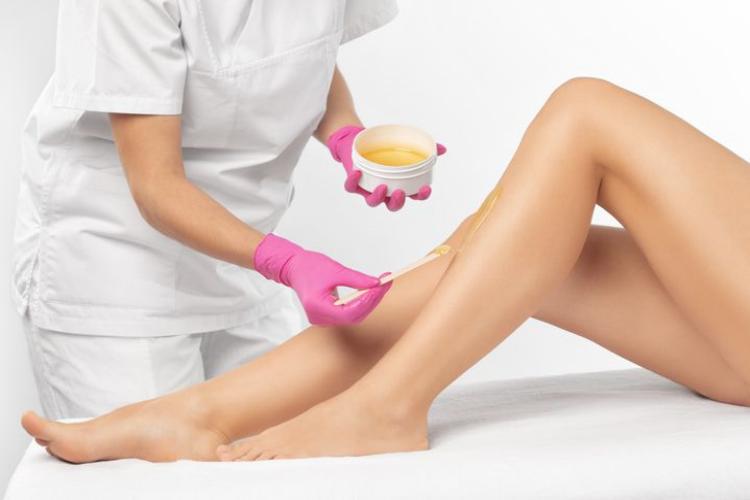
Have you ever experienced itchy rashes and bumps on your skin immediately after waxing unwanted hair? If you’ve noticed that these rashes feel different from your typical allergic reactions, you may be dealing with a histamine reaction triggered by the waxing process.
This histamine reaction occurs due to a heightened release of histamine in your body, activated by the waxing treatment. In this article, we will explore the specifics of histamine reactions following waxing, as well as effective strategies for prevention and relief.
Let's get started.
Table of Contents:
Part 1: Understanding Histamine Reaction After Waxing
A histamine reaction arises from an increased distribution of histamine to areas of the skin that have undergone waxing. Histamine is a chemical naturally found in the body and is primarily released in response to various triggers to induce inflammation.
The Role of Histamine in the Body
Histamine plays a crucial role in our body's defense mechanism, signaling the presence of potential harm—such as trauma, allergies, infections, or diseases. It helps by dilating blood vessels, which increases blood flow and the delivery of immune mediators to the affected area, thereby contributing to the inflammatory process.
Signs and Symptoms of Histamine Reaction
The application and subsequent removal of wax can irritate hair follicles, leading to a histamine reaction. Here are some common signs and symptoms to help you identify and manage this condition at home. If you experience these symptoms, it’s imperative to address the histamine reaction promptly.
Part 2: Why Do Histamine Reactions Occur After Waxing?
While many people experience allergic reactions post-waxing, only a select few suffer from histamine reactions. If you find yourself among this group, you might be questioning, “Why is this happening to me?”
Histamine is a natural chemical present in the body, but some individuals have a hyperactive immune system compared to others. This active immune response can cause a histamine reaction in response to waxing, which is essentially your body reacting to the removal of hair—a process it perceives as an abnormality.
Part 3: Duration of Histamine Reaction After Waxing

A histamine reaction typically manifests within minutes after waxing. While some individuals may only experience general redness, itching, or an allergic response, it’s essential to recognize when symptoms persist despite proper aftercare.
In contrast to allergies, histamine reactions may last significantly longer, potentially ranging from one to two days, and can extend even longer for some individuals.
Part 4: How to Treat Histamine Reaction After Waxing
If you’ve confirmed that you are experiencing a histamine reaction, it’s time to implement a treatment plan. The most effective way to address this condition is to reverse its underlying pathology.
As we previously mentioned, histamine causes vasodilation; therefore, you will want to promote vasoconstriction to alleviate symptoms, while also addressing the itching and redness through various remedies.
1. Cucumber
Cucumber is known for its soothing and hydrating properties. To utilize this remedy, slice a cucumber, refrigerate the slices to cool them, and then apply them to the affected skin. The coolness of cucumber slices helps constrict blood vessels and alleviates itching. For additional benefits of cucumber, refer to our article on Cucumber on Face: Benefits, Side Effects, and How to Use.
2. Aloe Vera Gel
Aloe vera gelaloe vera gel
3. Cold Compresses

The most basic and effective first step in treating a histamine reaction is using cold compresses. You can achieve this by either using an ice pack or wrapping ice cubes in a washcloth. Gently rub the cold compress on the affected area and wait for the cooling effect to calm your skin. Be cautious not to apply ice directly to the skin.
4. Anti-Inflammatory Products
If home remedies do not adequately relieve the histamine reaction, it may be time to explore over-the-counter anti-inflammatory products. While oral antihistamines can be effective,






































